Roma in Kosovo "abused, driven out, poisoned"
A British daily has published parts of a new Human Rights Watch (HRW) report on the difficult position of the Roma minority in Kosovo.
Monday, 22.06.2009.
11:19

A British daily has published parts of a new Human Rights Watch (HRW) report on the difficult position of the Roma minority in Kosovo. The Observer says that the report, it dubbed "shocking", which is due to be published soon, deals with "an institutionalized crime against the Roma people". Roma in Kosovo "abused, driven out, poisoned" "It documents an ongoing scandal" at Kosovska Mitrovica, "which began 10 years ago in the wake of the looting and burning to the ground" of the entire Roma settlement known as the Roma Mahalla". "This was once a vibrant home to some 8,000 people, most of them Muslims. But the inhabitants fled, fearing attacks by ethnic Albanians who saw the Roma as 'collaborators' with the Serbs," the daily writes. Only about a tenth of a prewar population of 200,000 Roma remain in Kosovo, the BBC also quotes the report. Now, the Roma of Kosovska Mitrovica are housed in makeshift camps, "with the exception of one installed in an old Yugoslav army barracks". These camps are situated "by the dams of an old lead mine, beside a three-storey-high 'black mountain', or toxic slag heap, 'at the epicenter of contamination', according to Wanda Troszczynska Van Genderen, a researcher with Human Rights Watch (HRW) and author of the report," the article continues. The defunct Trepca mine complex "constitutes an entire region long known for its toxicity and therefore being unsuitable even for temporary use, let alone a decade of inactivity and neglect". Almost 700 Roma remain at the Kosovo camps, following unnatural deaths, miscarriages and the births of scores of children with irreversible brain damage, writes the Observer, and reminds that in 2004 human rights activists started to protest about the deteriorating health of the Roma residents, "and particularly the youngest residents, who absorb lead more easily". "They reported children with black or bleeding gums, headaches, stunted growth, high blood pressure, epilepsy, constant diarrhea, vomiting, disorientation, convulsions, extreme nervousness and 'hysteria'." "The UN created the camps, and the UN, along with the Kosovo authorities, bears legal responsibility for these people," the article concludes.
Roma in Kosovo "abused, driven out, poisoned"
"It documents an ongoing scandal" at Kosovska Mitrovica, "which began 10 years ago in the wake of the looting and burning to the ground" of the entire Roma settlement known as the Roma Mahalla"."This was once a vibrant home to some 8,000 people, most of them Muslims. But the inhabitants fled, fearing attacks by ethnic Albanians who saw the Roma as 'collaborators' with the Serbs," the daily writes.
Only about a tenth of a prewar population of 200,000 Roma remain in Kosovo, the BBC also quotes the report.
Now, the Roma of Kosovska Mitrovica are housed in makeshift camps, "with the exception of one installed in an old Yugoslav army barracks".
These camps are situated "by the dams of an old lead mine, beside a three-storey-high 'black mountain', or toxic slag heap, 'at the epicenter of contamination', according to Wanda Troszczynska Van Genderen, a researcher with Human Rights Watch (HRW) and author of the report," the article continues.
The defunct Trepča mine complex "constitutes an entire region long known for its toxicity and therefore being unsuitable even for temporary use, let alone a decade of inactivity and neglect".
Almost 700 Roma remain at the Kosovo camps, following unnatural deaths, miscarriages and the births of scores of children with irreversible brain damage, writes the Observer, and reminds that in 2004 human rights activists started to protest about the deteriorating health of the Roma residents, "and particularly the youngest residents, who absorb lead more easily".
"They reported children with black or bleeding gums, headaches, stunted growth, high blood pressure, epilepsy, constant diarrhea, vomiting, disorientation, convulsions, extreme nervousness and 'hysteria'."
"The UN created the camps, and the UN, along with the Kosovo authorities, bears legal responsibility for these people," the article concludes.



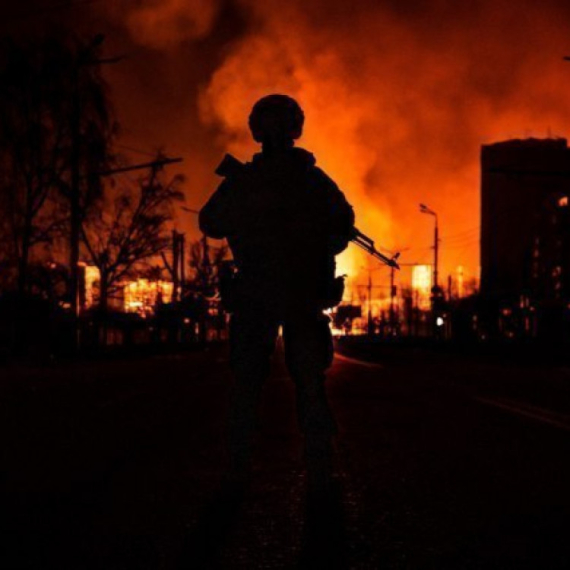







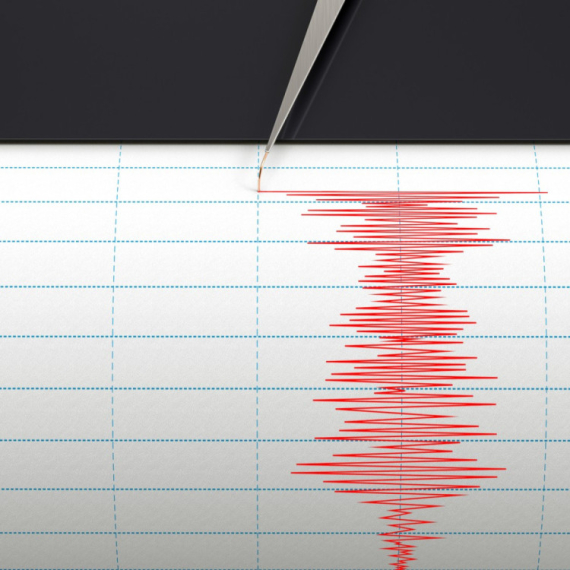

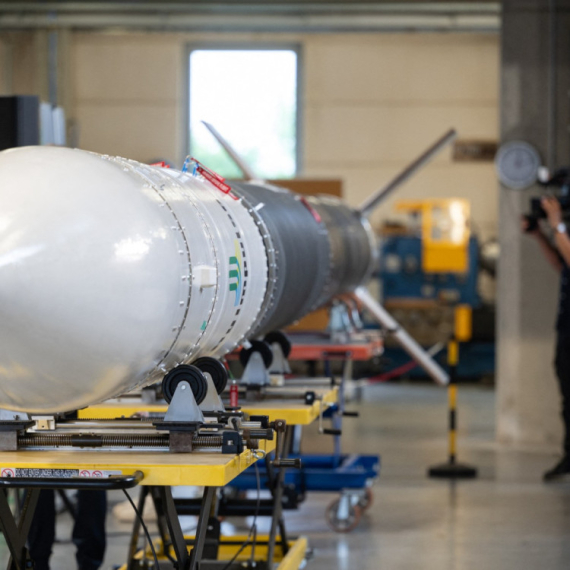


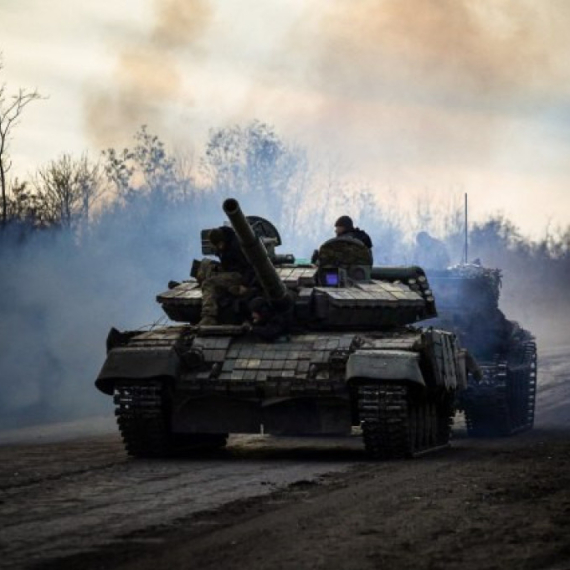

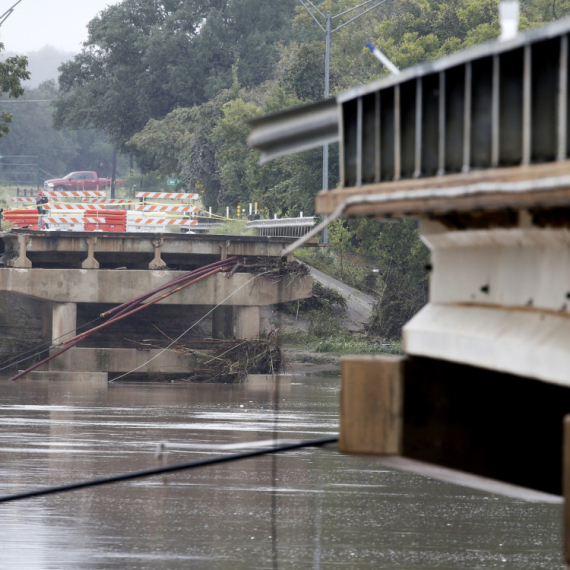
























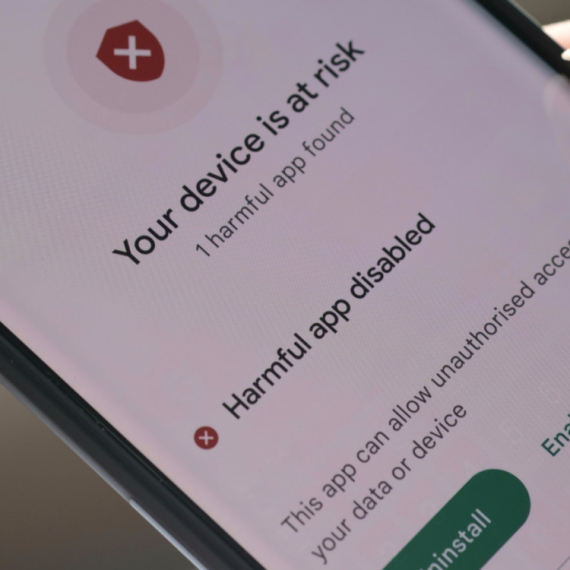






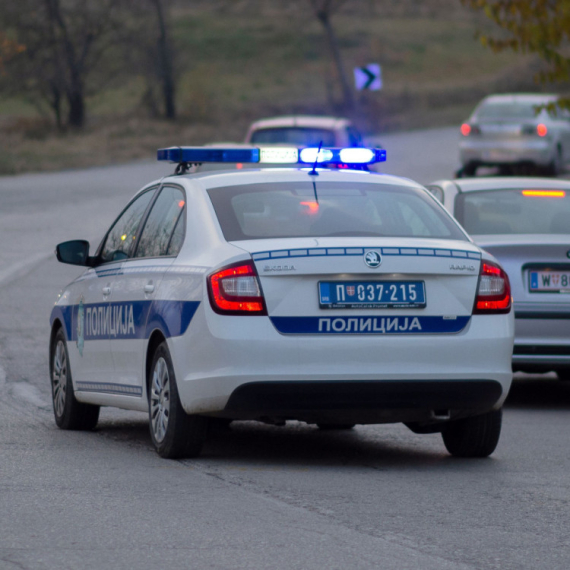
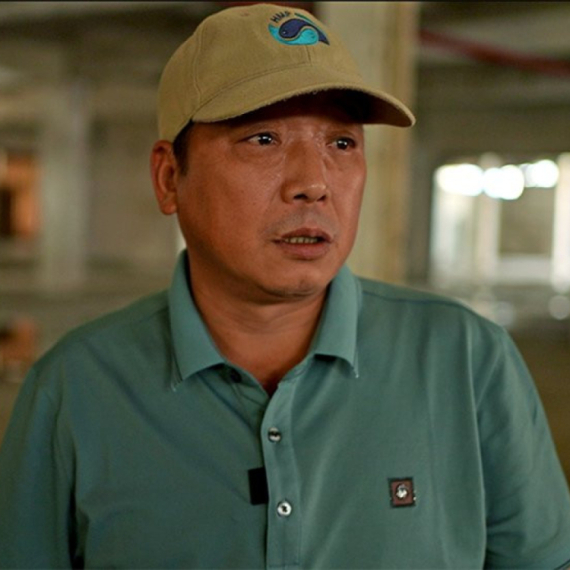
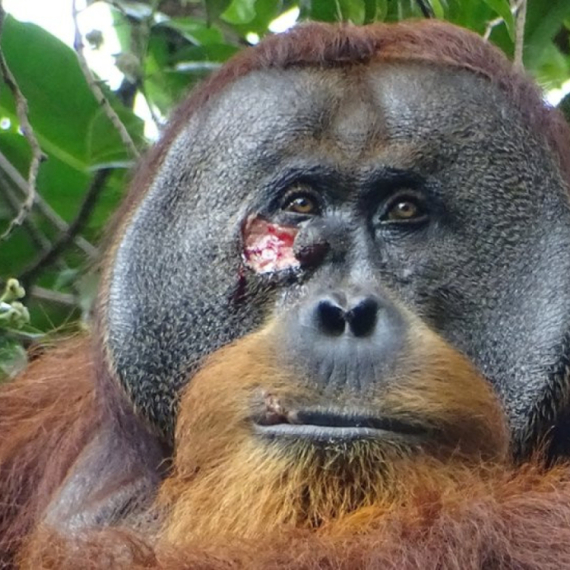
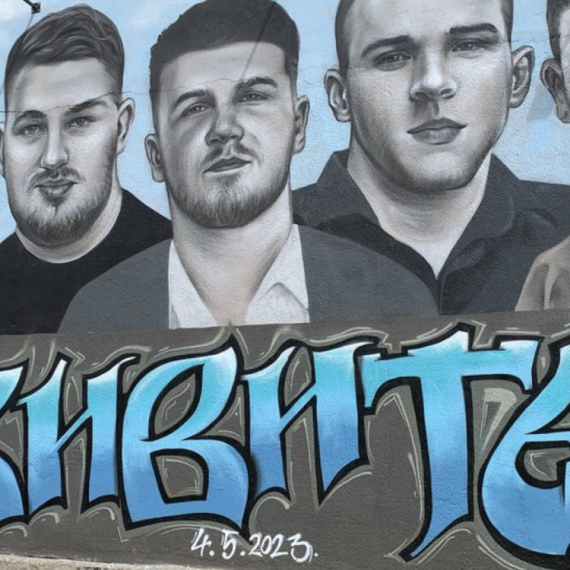



Komentari 52
Pogledaj komentare